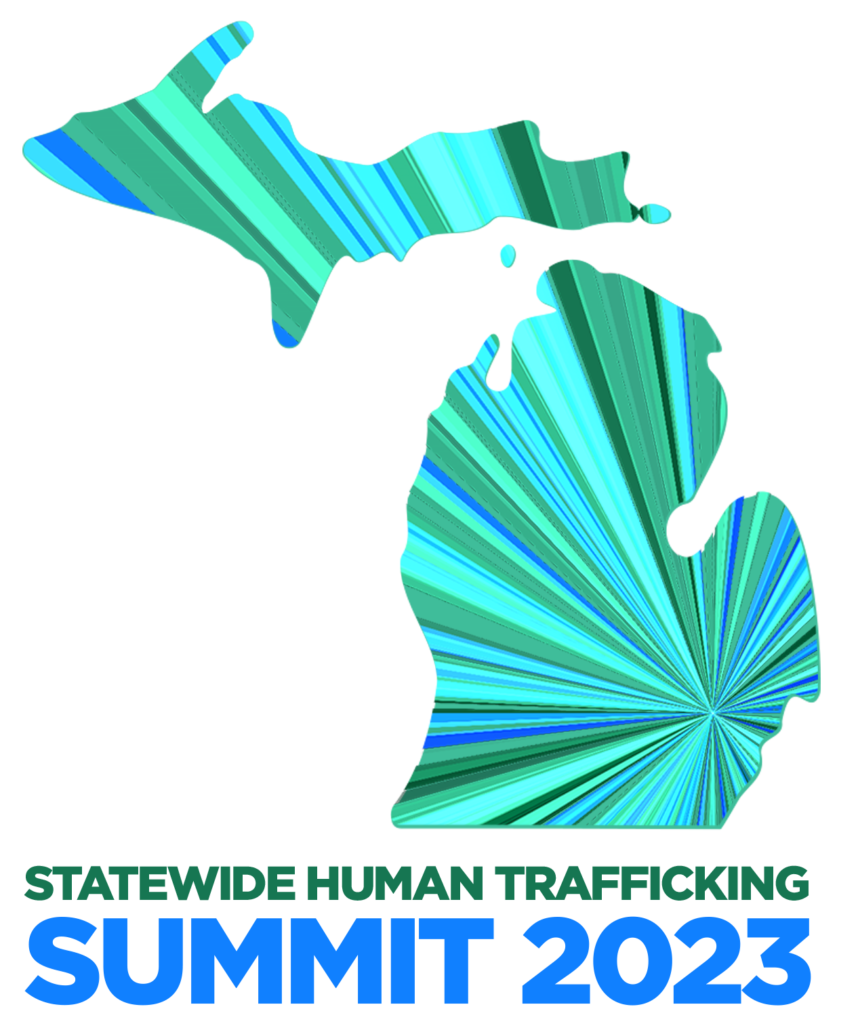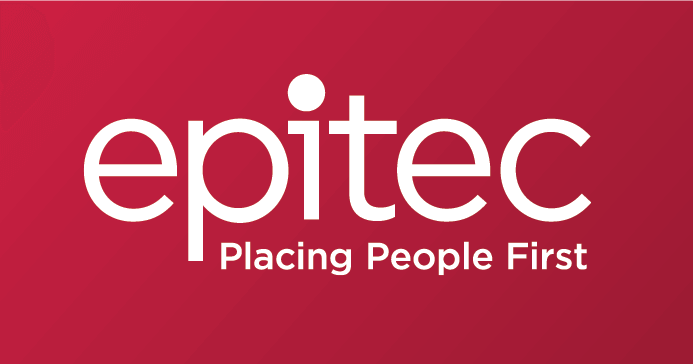 2023 ANNUAL STATEWIDE
2023 ANNUAL STATEWIDE
HUMAN TRAFFICKING SUMMIT
Best Practices for Michigan
Thurs, January 26th, 2023
8:30 AM – 2:00 PM
[Hybrid] Attend Virtually or In-Person
MSU Management Education Center
811 W. Square Lake Rd., Troy, MI 48085
The Annual Summit brings together advocates from across the state of Michigan who are active in addressing human trafficking through prevention, education, law enforcement, and/or the provision of services to survivors and at-risk populations. The objective of this forum is to increase collaboration and effectiveness across Michigan communities by identifying barriers, building relationships, and strengthening partnerships.
Powered by Vista Maria & the Michigan Abolitionist Project (MAP)
Co-sponsored by the Michigan Human Trafficking Commission
This course is approved by the NASW-Michigan Social Work Continuing Education Collaborative for 3 CEUs.
Registration required – Discounts available for survivors, law enforcement, and students!
Click Here to Download the Event Flyer
AGENDA
Thursday, January 26th, 2023
8:30 -2:00 PM (EST)
Session One: Panel Discussion
Guiding Principles for Those Serving Trafficked Persons in MichiganKelly Carter Michigan Human Trafficking Commission
Jeynce Poindexter Ruth Ellis Center
Lt. Wendy K Reyes Oakland County Sheriff’s Department
Rev. Karen Gray-Sheffield Ascension Michigan
Meredith Reese Vista Maria
Karen Moore Sanctum HouseDo we really want to help, and do no harm? If we aren’t carefully assessing the reasons why we provide services the way we do, and the ways we interact with survivors, it can be easy to mimic the behavior of traffickers, even unintentionally. We need to ensure survivors are in the “driver’s seat” by making their own choices, and feeling supported in those choices.
The Michigan Human Trafficking Commission has worked to develop and deploy best practices for those serving victims and survivors of human trafficking and has identified and evaluated the “Guiding Principles for Agencies Serving Survivors of Human Trafficking” resource developed through the U.S. Administration of Children and Families. This session features a panel of Michigan experts who will explore lessons learned and practical ways to apply and implement these principles.
Session Two: Panel Discussion
Integrating Survivor Voices in Michigan’s Anti-Trafficking MovementLeslie King-Friday Survivor, Advocate, Author
Alice Jay Neighborhood Legal Services
Brigette Henderson BSWPersons with lived experience of human trafficking have a compelling role to play in combating human trafficking effectively throughout the world, as well as here in Michigan. The anti-trafficking movement needs the leadership of those experts with lived experiences to ensure our work is both survivor-centered and trauma-informed. They are in a unique position to enact change on policy, organization, and at individual levels. The voice of those with lived experience must not just be a final stamp of approval on a policy or program, but rather an integrated part of all stages of our work.
LUNCH: Keynote Speaker
“New” University of Michigan Human Trafficking Law Clinic & Lab
Bridgette A. Carr University of Michigan
For over a decade, the Clinic relied solely on legal tools and direct representation to fight human trafficking. The Lab, launched in 2022, endeavors to create change at policy, service, and industry levels through collaborative partnerships across the nonprofit, corporate, and governmental sectors. They believe the law is an incomplete, imperfect solution to reducing exploitation and that interdisciplinary, cross-industry collaboration is necessary. The vision for the Clinic + Lab partnership is that the work with individual survivors in the Clinic will help ensure the Lab is victim-centered and informed by lived experience.
Session Three: Panel Discussion
Creating a Standardized Data Reporting Framework for MichiganElizabeth Moon-Carter The Salvation Army
Kelly Carter Michigan Human Trafficking Commission
Kris McNeil Measurable ChangeThis interactive session will explore ways data might be used to meaningfully improve services to survivors. The Michigan Human Trafficking Commission is working to create a standardized data reporting framework specifically for victim services providers with categories for victim typology and services provided. Once the data set is identified, the Committee plans to collect data from providers across the state to provide a periodic snapshot of trends in human trafficking victimization and service provision across Michigan. The data could be a valuable resource, especially for organizations applying for grants and crafting policy and legislation.
________________________________________
NETWORKING:
During lunch and scheduled breaks, in-person attendees will have time to build connections with advocates from across the state, as well as have the opportunity to meet session panelists and other featured guests by visiting designated vendor tables throughout the conference lobby.


